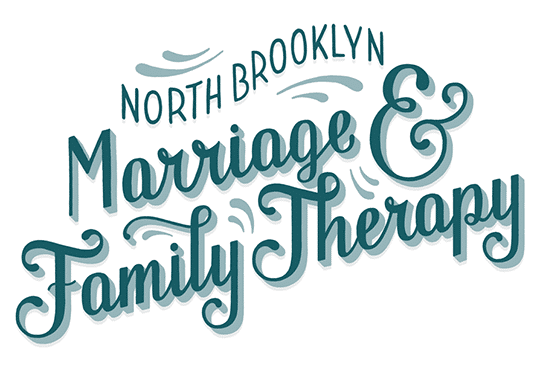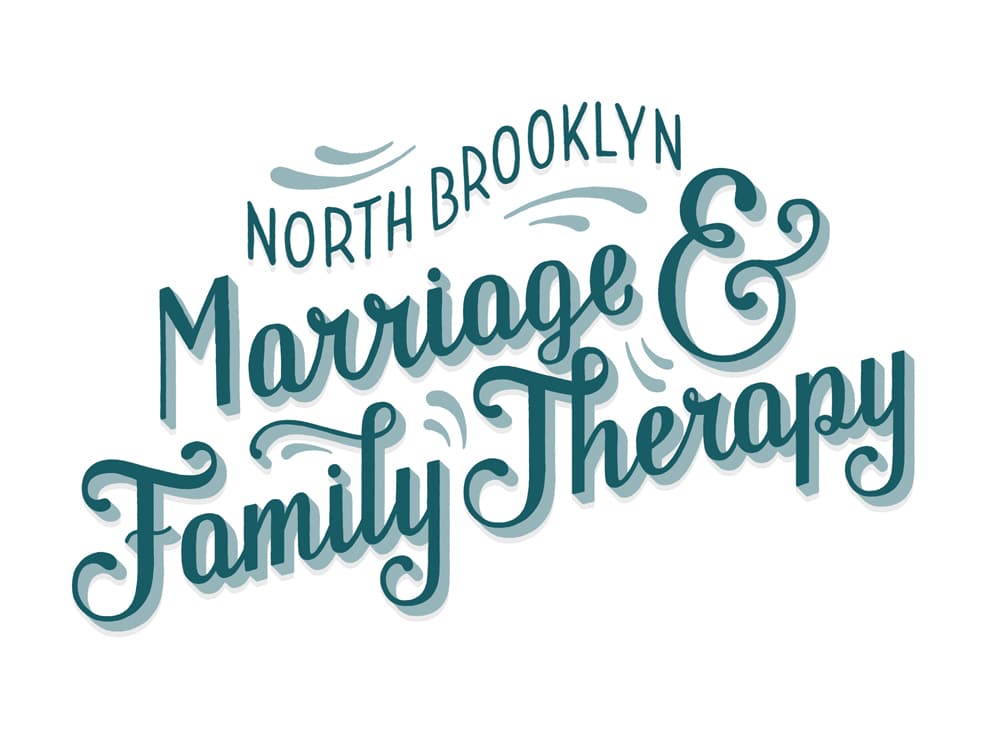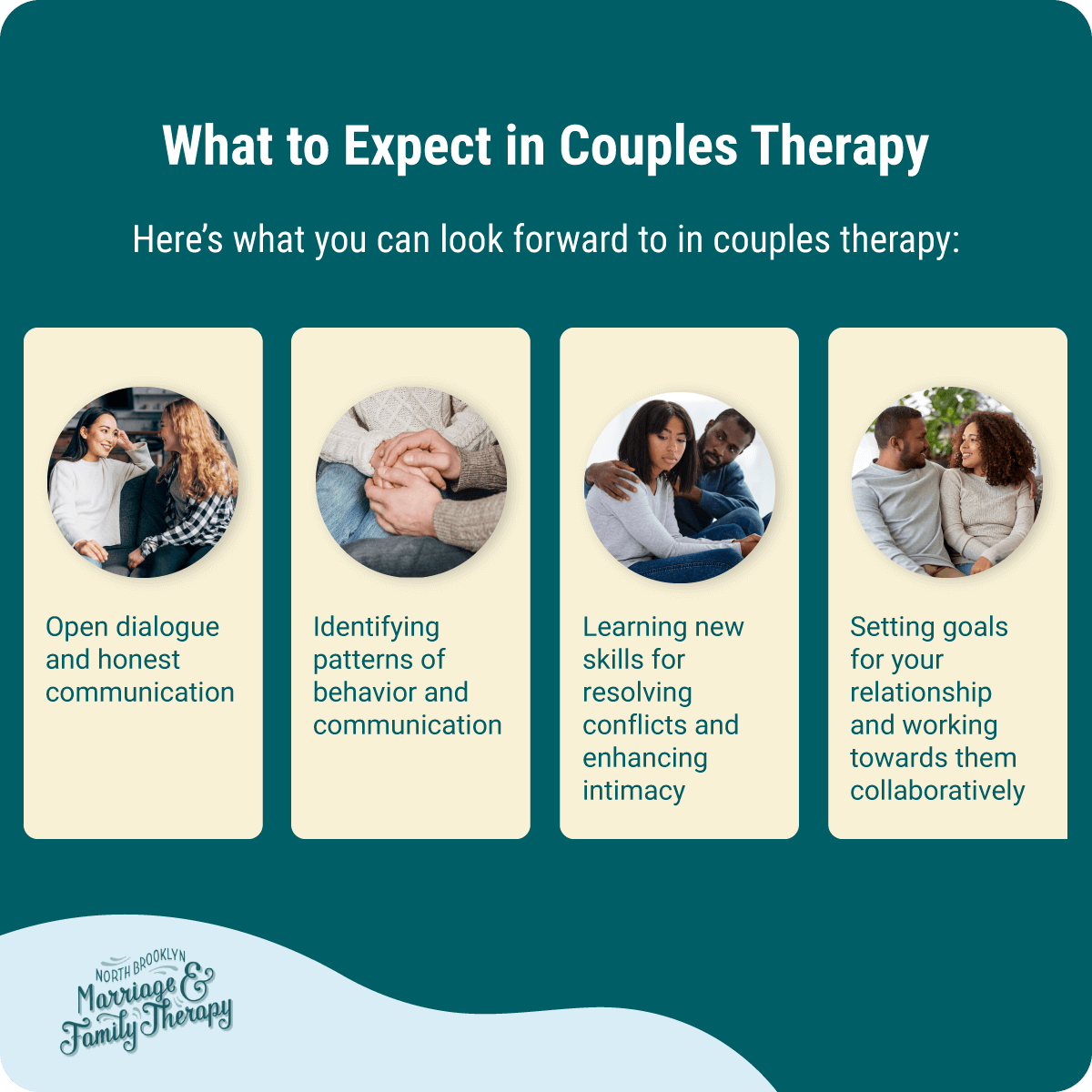What Is Couples Therapy Like?
Couples therapy is similar to a finely stocked toolbox for relationships—a resource brimming with essential tools to mend, strengthen, and refine your partnership. If the prospect of embarking on a journey through therapy leaves you feeling a tad uncertain, fear not! Consider this guide your trusty map, guiding you through the ebbs and flows of therapy, from the initial preparations to optimizing the benefits of each session.
Picture this type of therapy as a pit stop along the winding road of love—a haven where you and your partner can pull over, inspect the engine of your relationship, and administer the tune-up it deserves. It’s a collaborative space where both of you can roll up your sleeves, confront challenges head-on, enhance communication, and deepen your connection.
So, if you’re ready to take the plunge into this journey of self-discovery and relational growth, let’s dive in. Whether your relationship is navigating through rocky terrain or cruising along smoothly, knowing how to prepare for your first couples therapy session can help you get the most out of it.
How to Prepare for Couples Therapy
Before starting your first couples therapy session, it’s essential to chart your course and define your relationship goals. Think of it as packing your emotional bags for the trip ahead. Prior to your inaugural session, set aside time with your partner to reflect on your shared aspirations.
Consider these guiding questions as you embark on this journey of self-reflection:
- What are the main issues or challenges we face in our relationship? Identifying these areas of contention can help guide the focus of your therapy sessions.
- What do we hope to achieve through couples therapy? Visualize the destination of your therapy journey, whether it’s fostering deeper understanding, improving communication, or reigniting passion.
- Are there specific milestones we wish to reach together? Like plotting waypoints on a map, outlining clear goals can provide direction and purpose to your therapy sessions.
Engaging in these reflective conversations with your partner lays the groundwork for a fruitful and fulfilling first couples therapy session. Remember, you’re not just passengers on this journey—you’re the captains of your own relational ship, steering towards a brighter and more harmonious future together.
What to Expect in Couples Therapy
In the expansive realm of couples therapy, you and your partner will find yourselves under the expert guidance of a seasoned therapist—a skilled navigator poised to lead you through the twists and turns of your relationship journey. Together, you’ll embark on a voyage of exploration, discovery, and transformation.
During your therapy sessions, anticipate engaging in a variety of activities and discussions tailored to your unique needs and goals. Here’s what you can look forward to:
- Open dialogue and honest communication: Picture the therapy room as a sanctuary where you and your partner can express yourself freely, unencumbered by judgment or criticism.
- Identifying patterns of behavior and communication: With the guidance of your therapist, you’ll navigate through the intricacies of your relationship dynamics, uncovering recurring patterns that may contribute to conflict or distance.
- Learning new skills for resolving conflicts and enhancing intimacy: Couples therapy serves as a training ground for honing your relationship skills, equipping you with practical strategies to navigate challenges with grace and resilience.
- Setting goals for your relationship and working towards them collaboratively: Together with your partner, you’ll chart a course towards shared aspirations, guided by your therapist’s expertise and support.
As you prepare to embark on this exhilarating journey of couples therapy, remember: you’re not merely passengers—you’re active participants in the shaping of your relational destiny. With the guidance of your therapist, you’ll navigate the seas of love, communication, and growth, charting a course towards a more fulfilling and harmonious partnership.
First Couples Therapy Session
As you step into your first couples therapy session, a blend of anticipation and curiosity may fill the air. Rest assured, this initial encounter with your therapist serves as a vital foundation for transformative change in your relationship.
During this maiden voyage, your therapist will serve as your trusted guide, leading you and your partner through the uncharted waters of your relationship dynamics. Together, you’ll embark on a journey of storytelling and discovery, sharing your relationship history, experiences, and aspirations.
But beyond mere exploration, the first couples counseling session presents an opportunity to forge a strong connection with your therapist. According to the common factors theory, a significant portion — 40-50%, to be precise — of therapeutic change stems from the quality of the relationship between you and your therapist. This underscores the importance of establishing a sense of safety, trust, and connection from the outset.
As you venture into the therapy room for the first time, embrace the opportunity to cultivate a foundation of trust with your therapist. With their support, you’ll be on your way towards a brighter future with your partner.
Tips for the First Couples Therapy Session
As you prepare for your first couples therapy session, it’s essential to equip yourselves with the tools and mindset needed to navigate the challenges and opportunities that lie ahead. Here are some tips to help you get the most of your couples therapy experience:
- Approach therapy with an open mind: Think of therapy as a blank canvas—an opportunity to explore new perspectives, insights, and possibilities. Approach each session with a sense of curiosity and openness to the process of growth and change.
- Be punctual and ready to participate: Arriving on time shows respect for both your partner’s and therapist’s time, and being mentally prepared to engage in the therapy process sets a positive tone for your session.
- Embrace openness and honesty: Cultivate a culture of open communication by sharing your thoughts and feelings openly with your partner and therapist. Remember, vulnerability is the bridge to deeper connection and understanding.
- Set realistic expectations: Rome wasn’t built in a day, and neither is a thriving relationship. Set realistic expectations for therapy progress and be patient with yourselves and each other as you navigate the ups and downs of the journey.
- Practice active listening and empathy: In the bustling sea of conversation, the art of active listening is your compass, guiding you towards deeper understanding and connection with your partner. Take the time to truly listen to their perspective, validate their feelings, and respond with empathy and compassion.
- View therapy as a collaborative effort: Recognize that therapy is a team sport, with you, your partner, and your therapist working together towards common goals. Trust in the guidance and support of your therapist as you navigate the twists and turns of your relational landscape.
Finding the Right Therapist for You and Your Partner
In the vast landscape of therapy, each therapist brings their unique approach and expertise to the table. Like finding the right captain for your ship, it’s crucial to select a couples therapist whose style and philosophy align with your needs and values.
Before committing to couples therapy, consider scheduling a free consultation with potential therapists to discuss your goals, preferences, and concerns. This initial meeting serves as an opportunity to gauge compatibility and ensure that you find a therapist who feels like the perfect fit for your unique journey.
By selecting a therapist whose approach resonates with you and your partner, you’ll lay the groundwork for a transformative and fulfilling therapy experience. Together, with the support of your therapist and the strength of your partnership, you’ll chart a course towards a brighter, more harmonious future together.



